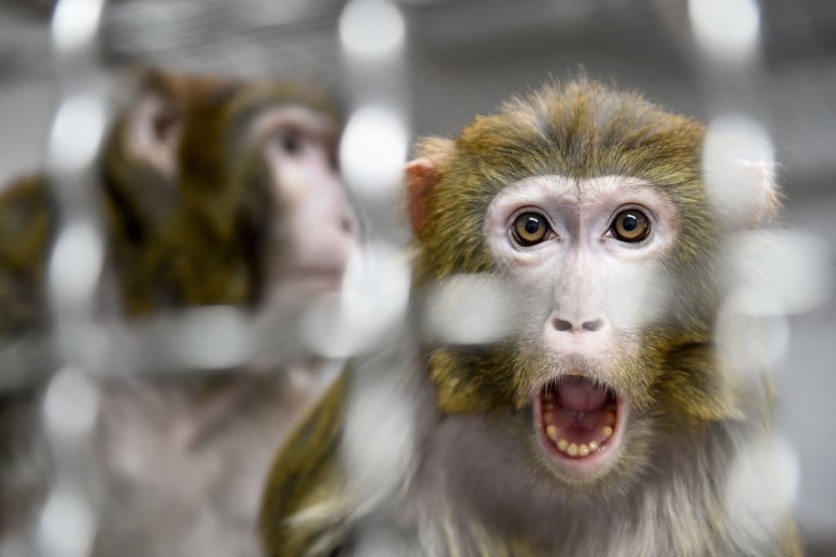Artificial intelligence (AI) methods of finding results of various previous animal tests are now being seen by researchers as a good substitute for new and unnecessary animal tests.
Researchers have long sought non-animal alternatives. AI technologies are increasingly quickening this process. One basic but effective use of AI in this sector is sifting through all current and available worldwide animal testing findings to avoid needless new experiments.

This is beneficial since it may be difficult for scientists to comb through decades of data to identify and analyze precisely what they are looking for, according to Joseph Manuppello, a senior research analyst at the Physicians Committee of Responsible Medicine, a non-profit organization in the United States.
Thomas Hartung, a toxicology professor at Johns Hopkins University in the United States, also heads the Center for Alternatives to Animal Testing. He asserts that AI is equal to or better than humans at extracting information from scholarly articles.
Prof Hartung cites one of the key reasons for present animal experimentation is the requirement to evaluate novel substances.
There is much to examine, with over 1,000 new compounds hitting the market each year. According to Prof Hartung, trained AI systems are starting to be able to predict the toxicity of novel chemicals.
Quantity AI for Non-Animal Substitutes
Advances in artificial intelligence are also providing fresh options to address the industry's continued reliance on animal experimentation. Quantity, a Boston-based AI start-up, reportedly went on a quest last year to develop "digital animal replacement technology" known as Dart.
According to Asif Hasan, Quantiphi's co-founder, the technology can cut the time and expense of pre-clinical testing in the drug development process by 45 percent. This stage typically lasts one to two years, costs between $120 million and $135 million per medicine, and relies heavily on animal research.
AI as an alternative to animal tests brings more than just efficiency; pharmaceutical companies, for decades, have faced shareholder proposals from organizations such as animal rights group Peta, alleging that the death and suffering of these animals are often unnecessary.
Currently, pharmaceutical corporations frequently utilize animals like monkeys, which are not only expensive but must be transferred from areas with warmer climates, such as Cambodia, and can die in transit due to disease or stress.
Many more animals die during pre-clinical toxicity tests, which may necessitate a postmortem assessment of organs before drugmakers may proceed to human clinical trials. Any animals that remain alive at the end of a trial are normally slaughtered.
Animal Tests No Longer a Requirement
AI as an alternative for animal tests comes just a year after a US law, the FDA Modernization Act 2.0, eliminated the requirement that medications in development be tested on animals before being administered to human trial participants.
Animal rights groups and members of the pharmaceutical business have long claimed that animal experimentation is unproductive and costly.
PETA praised the new regulation for being a "radical shift" in developing new therapies and cures. The organization also said that instead of mandating lethal and scientifically questionable animal testing, the US. The Food and Drug Administration (FDA) would be able to explore improved, non-animal drug testing technologies.
Related Article : Study Explains Why Wild Boars in Chernobyl Remained Radioactive Decades After Disaster

(Photo : Tech Times)
ⓒ 2025 TECHTIMES.com All rights reserved. Do not reproduce without permission.


![Best Gaming Mouse For Gamers With Smaller Hands [2025]](https://d.techtimes.com/en/full/461466/best-gaming-mouse-gamers-smaller-hands-2025.png?w=184&h=103&f=6fd057ef777bd39251d4e7e82e9b23f1)

